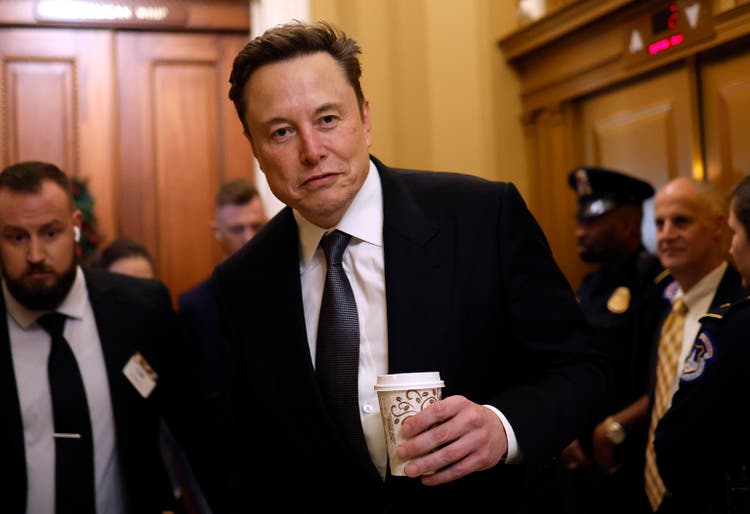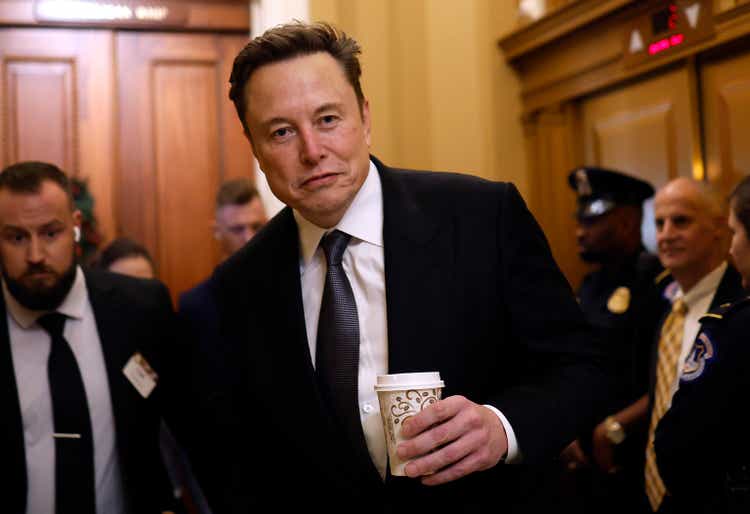
Anna Moneymaker
The latest salvo in the OpenAI-Elon Musk battle was fired on Friday, as the ChatGPT maker said Musk wanted a for-profit OpenAI several years ago.
Musk “agreed that a for-profit was the next step for OpenAI to advance the mission” in the summer of 2017, OpenAI said in a post on its website. By the fall, Musk had “demanded majority equity” in the company, along with what OpenAI called “absolute control” and the requirement that he be named Chief Executive in the for-profit company.
That September, Musk created the public benefit corporation called Open Artificial Intelligence Technologies, Inc.
Following the creation of the corporation, OpenAI said it rejected Elon’s terms “because giving him unilateral control of OpenAI and its technology would be contrary to the mission.”
A few months later, in March 2018, Musk resigned as co-chair of OpenAI.
Musk did not immediately respond to a request for comment from Seeking Alpha.
In July 2023, Musk unveiled his OpenAI competitor, xAI, to the world, with the purpose of understanding reality and “the true nature of the universe.” This past July, Musk said he would take the idea of investing in xAI to Tesla’s (NASDAQ:TSLA) board of directors after an online poll showed a majority of respondents were in favor of such an investment.
Last month, it was reported that xAI was on track to surpass $100M in annual revenue and had surpassed $50B in a recent funding round.
Since the creation of xAI, Musk filed a lawsuit against OpenAI for allegedly putting “profit over humanity.” He dropped the initial lawsuit, but re-opened it this past August on the basis that the original lawsuit “lacked teeth.”
Last month, Musk’s lawyers filed for a preliminary injunction against OpenAI, to prevent the artificial intelligence startup from engaging in what Musk’s lawyers claim is anticompetitive behavior. The injunction also called for the prevention of any further attempts by the Microsoft (NASDAQ:MSFT)-backed startup to convert to a for-profit enterprise.
Musk’s lawsuit also recently added Microsoft, LinkedIn co-founder Reid Hoffman and Dee Templeton, a current Microsoft executive who previously worked at OpenAI, as co-defendants.
Microsoft has invested approximately $14B into OpenAI, including joining the generative AI’s latest $6.6B funding round, which valued it at $157B.
